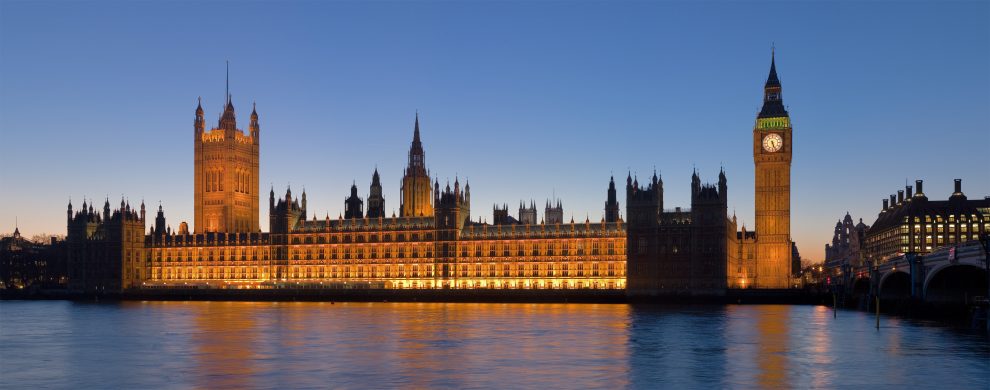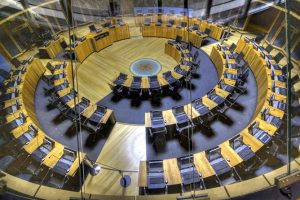RESEARCH by The Hansard Society suggests that the public is increasingly disenchanted with the UK’s system of government.
Founded in 1944, the Hansard Society is dedicated to expounding the principles and practice of parliamentary democracy and its challenges. It is widely recognised as the Westminster Parliament’s ‘critical friend’.
Contrary to a belief peddled by some commentators, the research, published in the 16th Audit of Public Engagement, finds that the public care about political issues. However, the research also shows that many are unhappy and frustrated about the way in which Parliament works. As a result, a significant proportion of voters are ready to consider a radical change to our system of government.
Over one-half of the Audit’s respondents think that what the country needs is a ‘strong’ leader, prepared to break the rules. Around 40% think that the government could better deal with the country’s problems if it was not tied to parliamentary votes.
72% say the system of governing needs ‘quite a lot’ or ‘a great deal’ of improvement. That figure is a significant increase on the previous year, itself at a worrying level of 67%. The number of people who say the system needs ‘a great deal’ of improvement has risen eight points in a year, to 37%.
Asked whether the problem is the system or the people, the largest group (38%) say ‘both’.
When asked which institutions are most likely to act in the public interest, UK citizens have more confidence in the military and judges than in politicians. Politicians will be pleased to see that they still rank ahead of political parties, big business and newspapers as more likely to act in the public interest.
Strikingly, only 25% of the public have confidence in MPs’ handling of Brexit. People were asked whether key groups’ and institutions’ handling of Brexit had given them more or less confidence in these groups and institutions to act in the public’s best interest. 60% said they had less confidence in political parties, 60% in the government and 57% in MPs as a result of their handling of Brexit. Confidence had been driven down the least in civil servants (41%) and judges (35%) as a result of their handling of Brexit.
75% say the main political parties are so divided within themselves that they cannot serve the best interests of the country. 50% say the main parties and politicians don’t care about people like them.
Well over half the public are downbeat about the state of Britain – 56% think Britain is in decline, 63% think Britain’s system of government is rigged to advantage the rich and powerful, and 66% think most big issues facing the country today don’t have clear solutions.
The public is evenly split between those who prefer politicians who make compromises with people they disagree with (48%) and those who prefer politicians who stick to their positions (45%). 66% think politicians should be able to say what’s on their mind regardless of what anyone else thinks about their views.
Despite the legislative chaos following the last Brexit referendum, 55% still think that big questions should be put to the public in referendums more often than today.
The Audit suggests a dissolution of the ties between the governed and their representatives. Although core indicators of political engagement remain stable, beneath the surface the strongest feelings of powerlessness and disengagement are intensifying. The number who ‘strongly disagree’ that political involvement can change the way the UK is run (18%) has hit a 15-year high. 47% feel they have no influence at all over national decision-making – a new high for the Audit series.
At the national and local levels, the numbers of those feeling they have no influence at all have jumped by seven and nine points in a year, respectively. This intensification of the strongest feelings of powerlessness has occurred even as the overall measures of people’s sense of influence, which include those who feel less strongly, have declined only slightly since last year.

















Add Comment